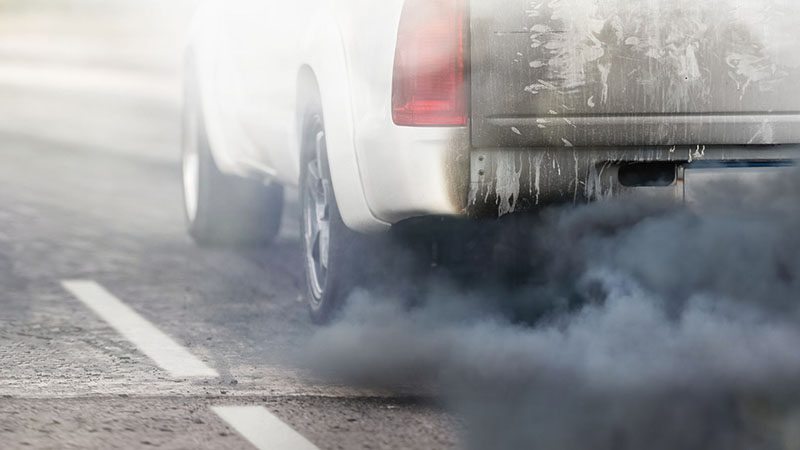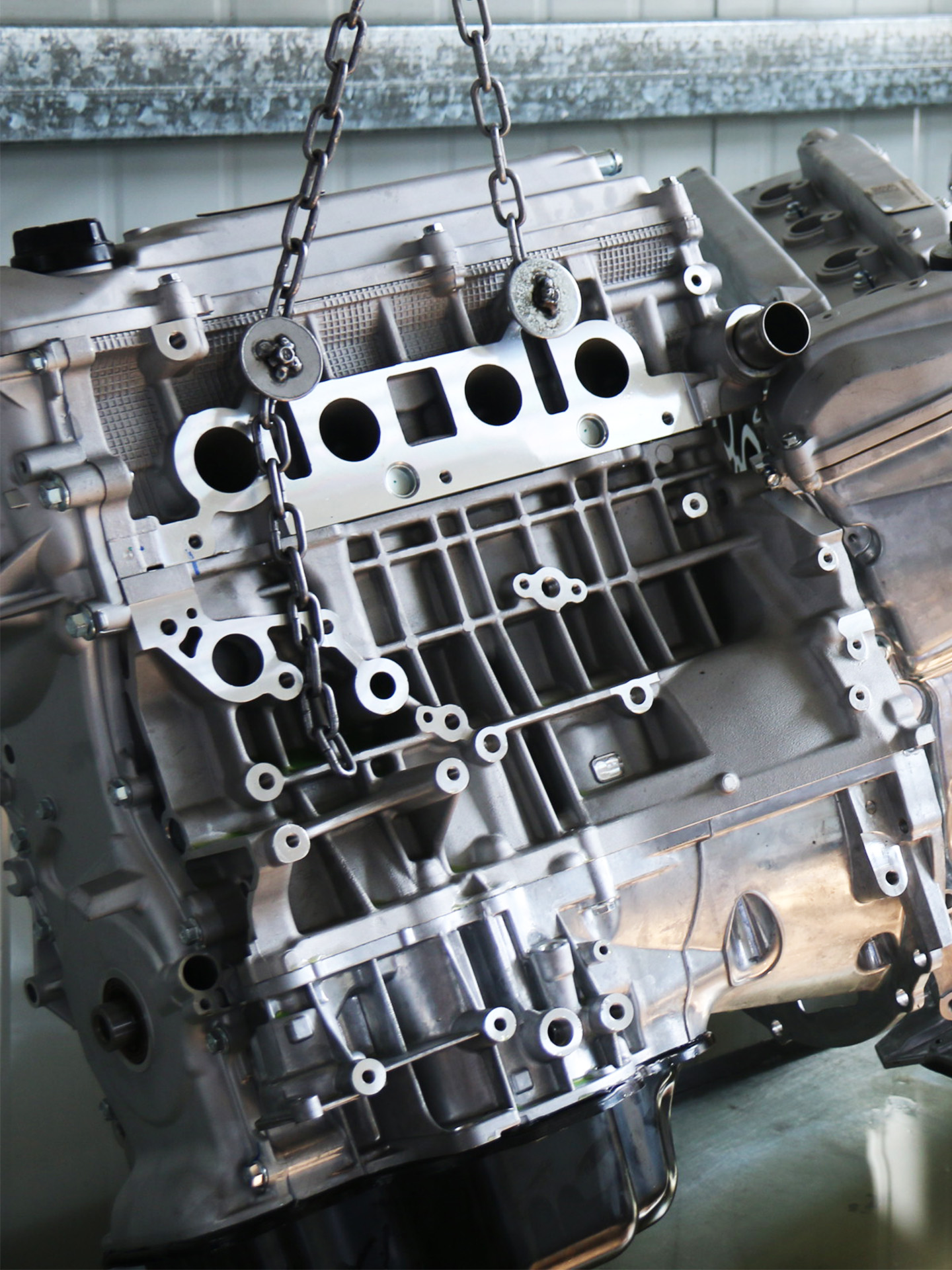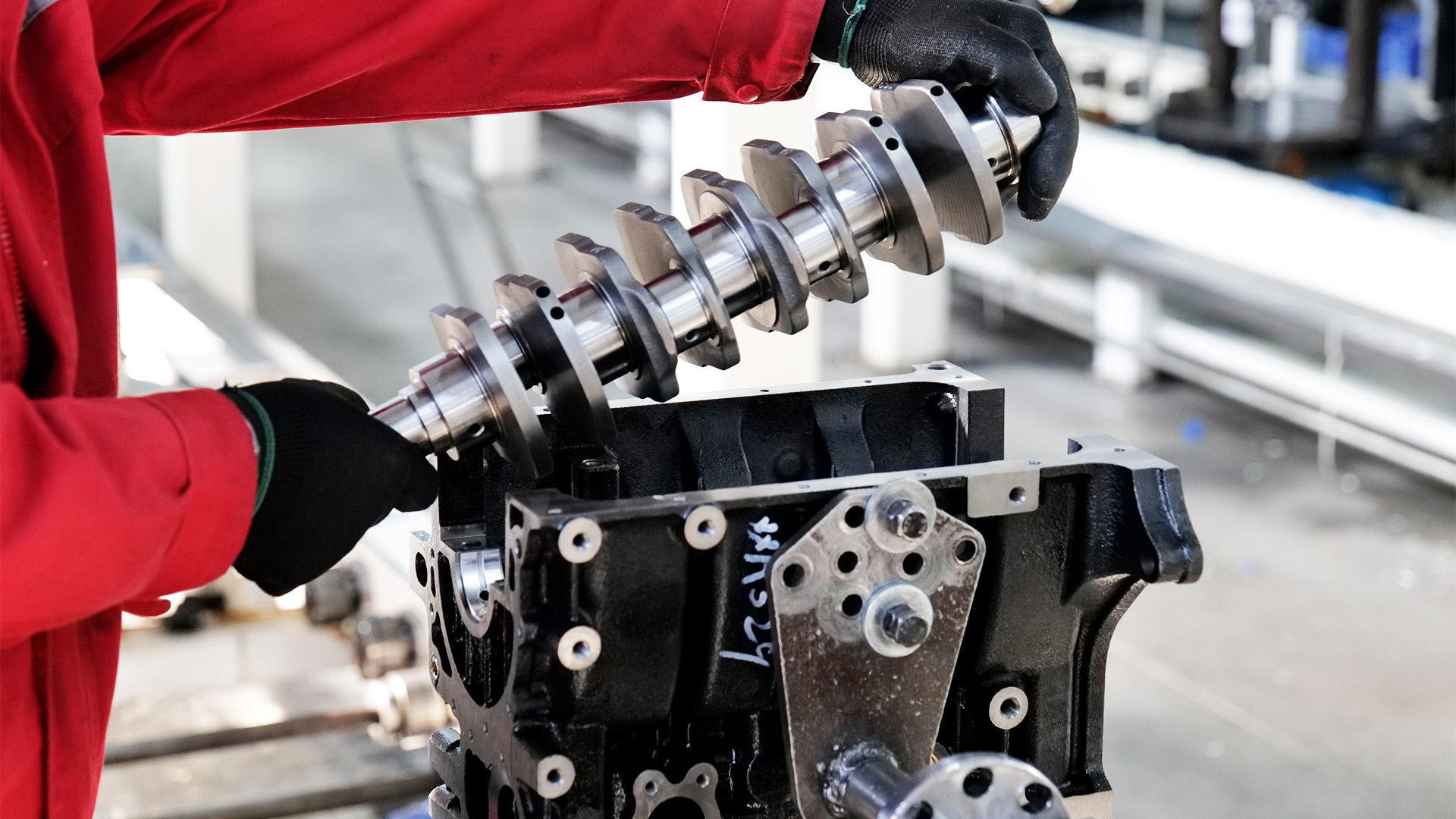Noticing smoke coming from a diesel engine isn’t just an inconvenience—it’s often a sign that something under the hood needs attention. Whether it’s a light puff on a cold morning or a thick cloud during acceleration, the color of the smoke can tell you a lot about what’s going wrong.
Diesel engines can produce white, black, or blue smoke, and each one points to a different type of issue. From fuel injector problems and coolant leaks to oil burning, knowing what you’re looking at is essential for keeping your engine running smoothly.
The good news? Many of these issues can be prevented or fixed with regular maintenance. And when things get more complicated, a skilled diesel mechanic can help diagnose and repair the problem before it turns into something serious.

Types of Diesel Smoke and What They Mean
The color of smoke coming from a diesel engine can tell you a lot about what’s going wrong under the hood. Whether you’re managing a commercial fleet or servicing individual vehicles, quickly identifying the smoke type can help prevent costly damage and downtime. Here’s what each smoke color typically means:
White Smoke
White smoke generally indicates that unburned diesel fuel or coolant is exiting through the exhaust system. It’s common during cold starts, but if it lingers, it could point to more serious issues such as:
- Faulty or leaking fuel injectors – Diesel isn’t atomizing properly, resulting in unburned fuel
- Low cylinder compression – Poor ignition due to worn piston rings or valves
- Coolant entering the combustion chamber – Often from a blown head gasket, cracked cylinder head, or damaged engine block
What to look for: White smoke has a sharp, fuel-like odor. If coolant is involved, it may also carry a sweet smell and coincide with a drop in coolant levels or engine overheating.

Black Smoke
Black smoke signals incomplete combustion—usually because there’s too much fuel or too little air. It’s especially common in older engines or poorly maintained systems. Common causes include:
- Clogged or dirty air filters – Limit air intake, disturbing the air-fuel ratio
- Overfueling – Resulting from faulty injectors, incorrect fuel mapping, or ECU problems
- Turbocharger failure or intake restriction – Reduces air pressure, causing a rich fuel mix
- EGR (Exhaust Gas Recirculation) valve issues – Poor recirculation increases particulate emissions
What to look for: Black smoke is thick and sooty, often more noticeable under load or heavy acceleration. It’s also a sign of increased fuel consumption and poor fuel efficiency.

Blue Smoke
Blue smoke means your engine is burning oil. This happens when oil gets into the combustion chamber, usually due to internal wear or seal failure. Common causes include:
- Worn piston rings or cylinder walls – Allow oil to pass into the combustion area
- Damaged or hardened valve seals – Cause oil leaks into the intake manifold
- Failing turbocharger seals – Let oil seep into the intake or exhaust side of the turbo
What to look for: Blue smoke often appears during startup, deceleration, or prolonged idling. You may also notice a drop in oil levels or increased oil consumption.

Less Common Diesel Smoke Colors
While white, black, and blue are the most recognized, some rare smoke colors can signal more unusual or severe problems:
- Gray Smoke – Often a mix of oil and fuel burning together. It may point to a sticking turbocharger, poor fuel atomization, or even a failing transmission modulator valve in vehicles with automatic transmissions. The smoke may have a chemical or burnt-oil odor.
- Brown Smoke – Rare, but can result from burning transmission fluid or incorrect fuel additives. Often seen in older engines or when incompatible fluids are used.
- Dark Blue or Violet-Tinted Smoke – Usually linked to synthetic oil burning or chemical additive use. It may also indicate extreme oil dilution or overheating in the combustion chamber, often due to performance modifications or oil breakdown.
What to do: If you spot any of these unusual colors, stop the engine and consult a diesel specialist immediately. These symptoms usually point to complex or advanced engine issues that require professional diagnosis.

Common Causes of Diesel Smoke
Here’s a quick reference chart that breaks down common causes and what kind of smoke they produce:
| Cause | Smoke Color | What’s Going On |
|---|---|---|
| Faulty fuel injectors | White or Black | Fuel not atomizing properly |
| Coolant leak | White | Coolant entering the combustion chamber |
| Oil leak | Blue | Oil burning with air-fuel mix |
| Poor compression | Black or White | Incomplete combustion or misfire |
| Carbon buildup | Black | Disrupts airflow and combustion |
| Bad fuel | White or Black | Leads to uneven or incomplete burning |
| Worn valve seals | Blue | Oil sneaks into intake or combustion area |
How to Diagnose Diesel Smoke Issues
When your diesel engine starts blowing smoke, here’s a simple process to help figure out what’s going on:
1. Look at the Color
First, determine whether the smoke is white, black, or blue—it’s the best clue for what’s happening.
2. Note When It Happens
Pay attention to when the smoke appears. Is it only during cold starts? While idling? Or under load when accelerating?
3. Use an OBD2 Scanner
Plug in a diagnostic tool to read any fault codes that might give insight into injector issues, airflow problems, or sensor failures.

4. Check Things Visually
Look for signs of oil leaks, coolant residue, dirty filters, or anything else that seems off.
5. Know When to Call a Pro
Replacing a clogged air filter is easy. But tracking down a cracked cylinder head? That’s best left to an experienced diesel mechanic.
How to Prevent Diesel Smoke
Preventive maintenance is your best defense against engine smoke and expensive repairs. Here are a few tips that make a big difference:
- Keep up with oil changes using high-quality diesel-grade oil
- Use clean, reliable fuel—additives can help keep your fuel system clean
- Replace filters and maintain injectors on a regular schedule
- Get compression tests done periodically to catch internal wear early

Conclusion
Diesel smoke might seem like just another quirk of your engine, but it’s really a signal that shouldn’t be ignored. Whether it’s white, black, or blue, smoke coming from your exhaust has a cause—and the sooner you figure it out, the better.
Need high-quality diesel engine parts for your business or fleet?
Partner with Nanjing Woda Auto Technology Co., Ltd.—a trusted name in the automotive industry with over 25 years of experience supplying durable, performance-tested engine components to B2B clients worldwide. Whether you’re managing repairs or sourcing parts in bulk, we’re here to support your success.
Get in touch with us today to find the right engine solutions for your needs.







